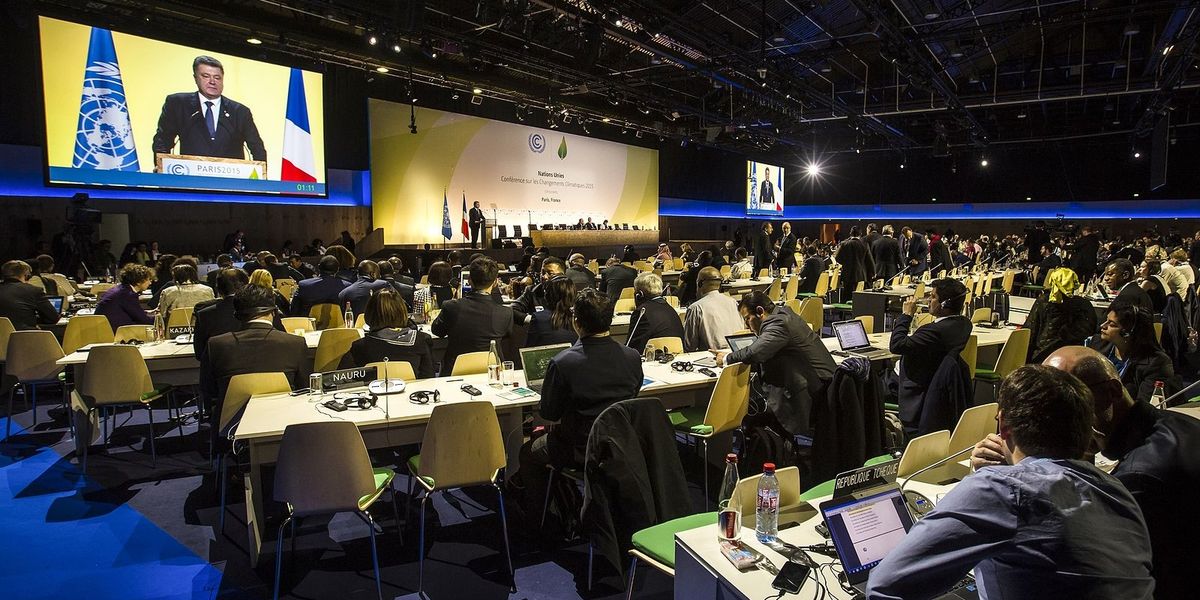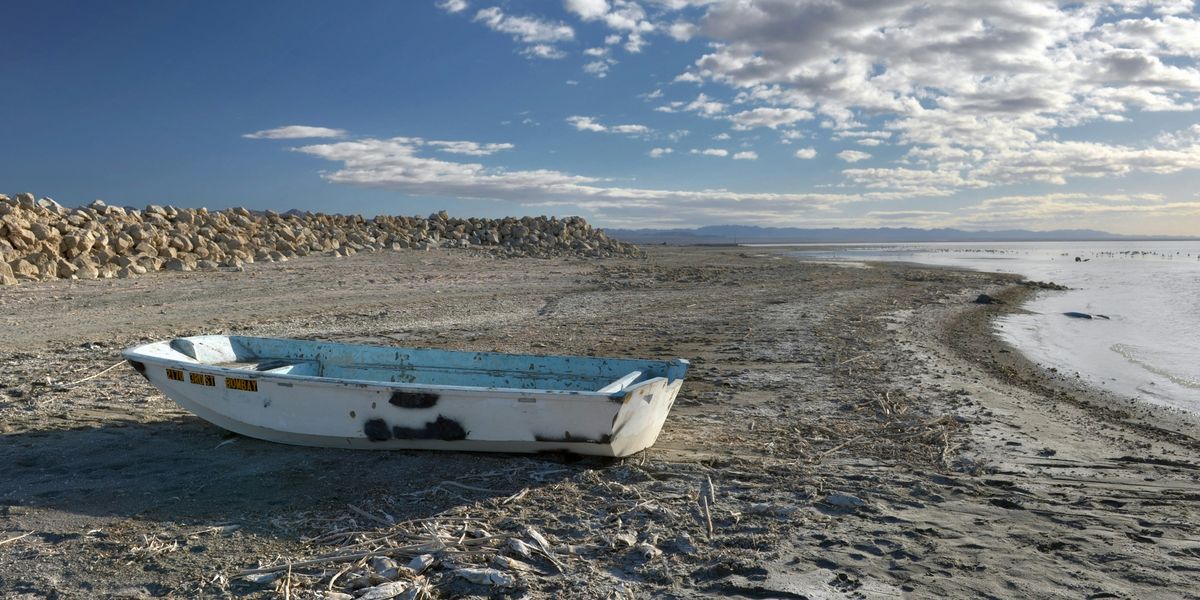Earth is losing soil moisture fast — and it’s changing sea levels and the planet’s rotation
Water loss from Earth’s soil and land surfaces has surged since the early 2000s, with a new study finding this global shift is accelerating sea-level rise and even altering the planet’s rotation.
Kasha Patel reports for The Washington Post
In short:
- Scientists found that land across Earth lost over 1,600 gigatons of water between 2000 and 2002 alone, contributing more to sea-level rise at the time than melting ice from Greenland.
- The study extends data on global water storage back to 1979 by analyzing satellite observations, sea-level rise, and shifts in Earth’s polar motion, revealing a long-term drying trend likely permanent on human timescales.
- Soil moisture losses have not recovered since the early 2000s due to ongoing drought and climate change, impacting agriculture and long-term water availability.
Key quote:
“Climate change is not only about rising temperatures, but also about long-term impacts on water availability — affecting agriculture, ecosystems and societies alike.”
— Luis Samaniego, researcher at Helmholtz Centre for Environmental Research
Why this matters:
Soil moisture is increasingly seen as a linchpin in the global water cycle, with implications far beyond agriculture. New research shows that as rising temperatures dry out soils across continents, the freshwater that once lingered in the ground is instead running off into the oceans, contributing directly to sea level rise. This shift in water storage has also begun to nudge Earth’s axis, ever so slightly altering the planet’s rotational balance — a phenomenon scientists have tracked with growing alarm. These changes, once thought reversible, now appear locked in for the foreseeable future. That means the global water table isn’t just shrinking; it’s helping reshape the physical dynamics of the planet itself.
Related: Humans are reshaping life on Earth, shrinking biodiversity everywhere













